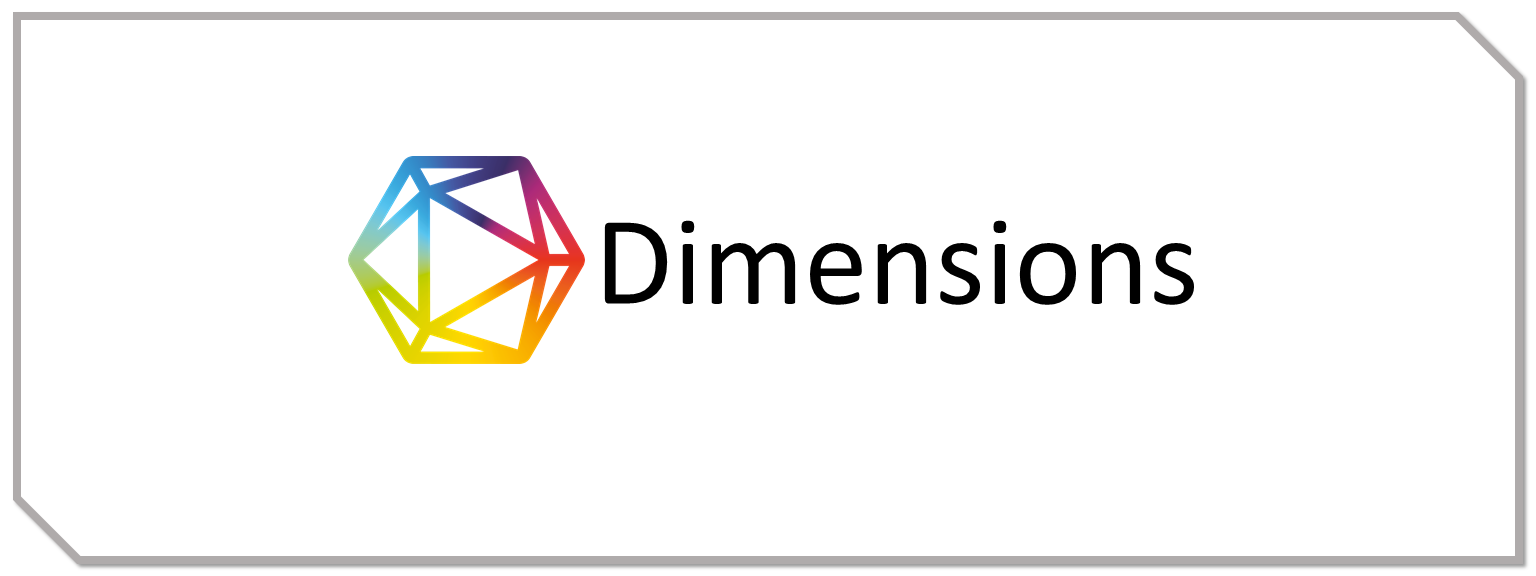FAKTOR-FAKTOR YANG MEMPENGARUHI KESEJAHTERAAN PETANI ROSELLA MELALUI CORPORATE SOCIAL RESPONCIBILTY
DOI:
https://doi.org/10.51903/manajemen.v3i2.915Keywords:
Kejesahteraan Masyarakat, Pemberdayaan masyarakat, CSRAbstract
The purpose of this study was to investigate the factors that influence the welfare of rosella farmers through corporate social responsibility (CSR) activities. The factors investigated were digital literacy, simple bookkeeping, and Islamic business ethics. The location of the study was at PT. Tanah Harapan Wisata Alam (Hopeland Camp) in Cipelang Village, Bogor Regency, West Java Province. Qualitative research methods were used to guide this study. The findings revealed that of the three factors investigated, digital literacy had the most real impact on Rosella farmers. Digital literacy helps Rosella farmers access knowledge about modern agricultural technology, find new product innovations, and seek access to funding and wider market access. The simple bookkeeping they use helps them to record expenses and income obtained to then be shared with the company. The practice of Islamic business ethics is used as a basis for behaving in holding the mandate and responsibility in managing the company's Rosella land. The principles of justice ('adl) and profit sharing (mudharabah) have been carried out so far, and provide a high sense of trust between farmers and company owners. It can be concluded that all three factors have a role in supporting farmers to improve their economy.
References
[1] Apridar et al., Determinasi Wirausaha dan Pelatihan di Era Revolusi Digital. Tulungagung: Akademia Pustaka, 2022.
[2] E. Jumhana, U. Jefri, and S. Hasan, “Pemenuhan Legalitas Usaha untuk Meningkatkan Kualitas dan Daya Saing UMKM dalam Pengolahan Hasil Bumi di Desa Warunggunung Kecamatan Warunggung Kabupaten Lebak,” Abdimas Siliwangi, vol. 7, no. 3, pp. 753–763, 2024.
[3] S. Fu, Y. Yu, I. H. Su, Z. Ling, K. H. Tan, and R. Ma, “The influence of corporate social responsibility information transparency on the consumption of green agricultural products on digital platforms,” Int. J. Logist. Res. Appl., vol. 26, no. 6, pp. 1–18, 2023, doi: 10.1080/13675567.2023.2242284.
[4] T. Ahmad Wani and S. Wajid Ali, “Innovation Difusion Theory (Review & Scope in the Study of Adoption of Smartphones in India),” J. Gen. Manag. Res., vol. 3, no. 2, pp. 101–118, 2015.
[5] D. W. Surry, “Diffusion Theory and Instructional,” Annu. Conf. Assoc. Educ. Commun. Technol., vol. 21, no. 4, pp. 21–36, 1997.
[6] S. Sulastri, D. M. Putri, F. M. Edwy, and M. R. Palil, “Implementation of the Accounting Bookkeeping System for MSMEs During the Covid 19 Pandemic,” in 3rd Annual Management, Business and Economics Conference (AMBEC 2021), vol. 1, Atlantis Press International BV, 2023, pp. 92–99. doi: 10.2991/978-94-6463-026-8_10.
[7] G. Mulyawan, Y. Mahendra, and N. Kurnaedi, “ART THERAPY SEBAGAI COPING STRESS PADA SISWA REMAJA,” Ristekdik J. Bimbing. dan Konseling, vol. 8, no. 4, pp. 575–579, 2023.
[8] X. Neumeyer, S. C. Santos, and M. H. Morris, “Overcoming barriers to technology adoption when fostering entrepreneurship among the poor: The role of technology and digital literacy,” IEEE Trans. Eng. Manag., vol. 68, no. 6, pp. 1605–1618, 2021, doi: 10.1109/TEM.2020.2989740.
[9] A. Yuwono, T. Heriana, S. Dewi, and M. D. Sari, “The importance of Digital-based Payment Management Knowledge for MSME Drivers : a Study of Financial Literacy,” Budapest Int. Res. Critics Institute-Journal, vol. 5, no. 2, pp. 9073–9084, 2020.
[10] B. Alma Çallı, M. Özşahin, E. Coşkun, and A. Rıfat Arık, “Do Generative Leadership and Digital Literacy of Executive Management Help Flourishing Micro and Small Business Digital Maturity?,” Int. J. Organ. Leadersh., vol. 11, no. 3, pp. 307–332, 2022, doi: 10.33844/ijol.2022.60332.
[11] R. S. Gautam, S. Rastogi, A. Rawal, V. M. Bhimavarapu, J. Kanoujiya, and S. Rastogi, “Financial Technology and Its Impact on Digital Literacy in India: Using Poverty as a Moderating Variable,” J. Risk Financ. Manag., vol. 15, no. 7, 2022, doi: 10.3390/jrfm15070311.
[12] X. Huang, F. Yang, and S. Fahad, “The impact of digital technology use on farmers’ low-carbon production behavior under the background of carbon emission peak and carbon neutrality goals,” Front. Environ. Sci., vol. 10, no. October, pp. 1–13, 2022, doi: 10.3389/fenvs.2022.1002181.
[13] S. Das and S. K. Maji, “Farmer’s financial literacy and its determinants: evidence from South Asia,” Int. J. Soc. Econ., vol. 50, no. 9, pp. 1341–1354, 2023, doi: 10.1108/IJSE-12-2022-0776.
[14] A. A. J. Arsyad and U. Tamrin, “Transformasi Umkm Melalui Pendampingan Keterampilan Literasi Digital,” KAREBA J. Ilmu Komun., pp. 89–104, 2023.
[15] Marina Lidya, Nanda Kristia Santoso, and Risgar Friassantano, “Cakap Digital Dalam Penyusunan Laporan Keuangan, Pemasaran Produk, Dan Pemahaman Keamanan Bertransaksi Online Pada Umkm Keripik Ubi As Di Masa Pandemi Covid-19,” J-ABDI J. Pengabdi. Kpd. Masy., vol. 3, no. 3, pp. 607–620, 2023, doi: 10.53625/jabdi.v3i3.6285.
[16] J. K. Chelimo and I. O. Sopia, “Effects of Bookkeeping on Growth of Small and Medium Business Enterprises in Kabarnet Town, Baringo County, Kenya,” Int. J. Sci. Res., vol. 3, no. 12, pp. 432–437, 2014.
[17] H. A. Tlaiss, “How Islamic Business Ethics Impact Women Entrepreneurs: Insights from Four Arab Middle Eastern Countries,” J. Bus. Ethics, vol. 129, no. 4, pp. 859–877, 2015, doi: 10.1007/s10551-014-2138-3.
[18] A. Dwi Saputra, A. Rahmatia, S. Handari Wahyuningsih, and A. Azhar, “Online Business Practices: A Study of Islamic Business Ethics Perspective in Indonesia,” J. Penelit., vol. 19, no. 2, pp. 97–108, 2022, doi: 10.28918/jupe.v19i1.4614.
[19] S. Apriliyanti and I. Maghfur, “Analisa Penerapan Strategi Promosi dalam Meningkatkan Penjualan pada Lapak Coffee Bangil Pasuruan Ditinjau dari Etika Bisnis Islam,” Indones. J. Multidiscip. Soc. Technol., vol. 1, no. 3, pp. 249–256, 2023, doi: 10.31004/ijmst.v1i3.190.











.png)
